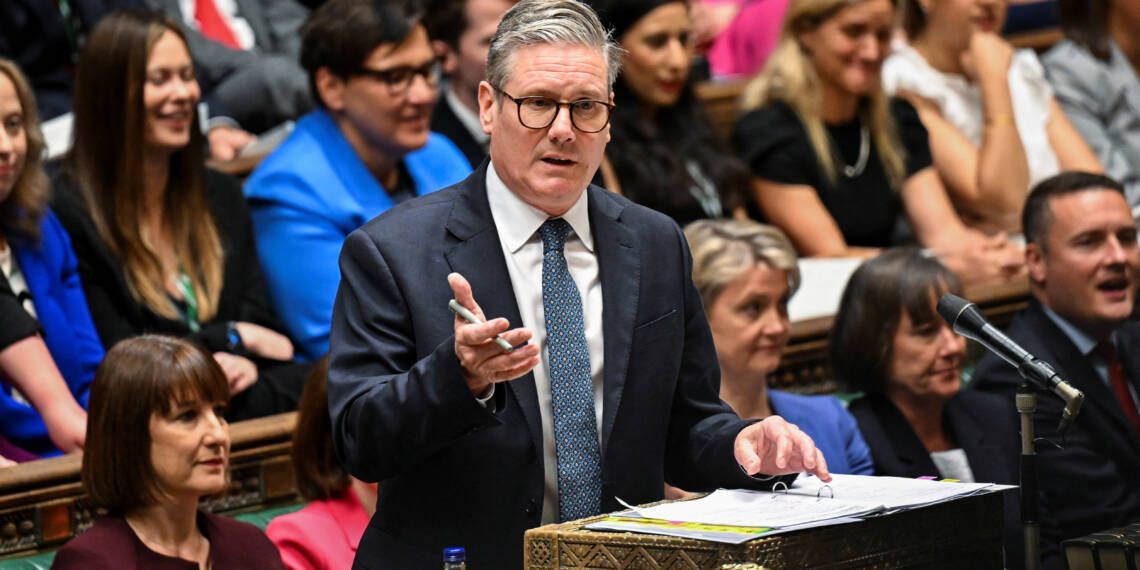In recent weeks, UK Prime Minister Keir Starmer has made significant policy announcements that mark a notable shift towards more restrictive immigration measures. These developments suggest a strategic move to the right, aligning Labour more closely with conservative positions on immigration.
On May 12, 2025, Starmer unveiled the “Restoring Control Over the Immigration System” white paper, which outlines several key changes:
Increased English Language Requirements: All visa applicants will face higher proficiency standards
Extended Residency for Settlement: The period required to qualify for settled status will double from five to ten years.
Restrictions on Low-Skilled Workers: Visas for social care workers will be halted, and the criteria for skilled worker visas will become more stringent, including a requirement for university degrees.
Reduced Graduate Visa Duration: The post-study work visa period will decrease from two years to eighteen months.
Enhanced Enforcement Measures: The Home Office will gain increased powers to revoke visas for minor offenses, and financial penalties will be imposed on employers who breach immigration regulations.
These measures represent a significant departure from Labour’s previous stance, which included processing asylum applications for individuals arriving illegally and opposing offshore detention schemes like the Conservative-led Rwanda plan.
Reasons Behind the Starmer Shift
The main reason for the Labour Party and Keir Starmer to veer in this direction is quite clearly their aims to appeal to centrist voters and former Conservative supporters who prioritize controlled immigration.
With the net migration reaching record levels in the UK, there is growing public concern and anger over immigration, prompting the government to adopt stricter policies. This has forced Labour to look at these issues in a very serious way.
The rise of anti-immigration parties like Reform has also intensified pressure on mainstream parties to adopt more restrictive immigration policies.
Potential Effects
Domestic Impact: The new policies may lead to labor shortages in sectors reliant on immigrant workers, such as healthcare and agriculture.
International Relations: Efforts to establish “return hubs” in countries like Albania have faced challenges, as some nations are unwilling to cooperate.
Political Ramifications: While the policies may bolster support among certain voter groups, they risk alienating Labour’s traditional base, which may view these measures as a betrayal of core values.
Keir Starmer’s recent immigration policy announcements signify a strategic shift towards more conservative positions, aiming to address public concerns and political pressures. While these measures may enhance Labour’s appeal to centrist voters, they also carry risks of domestic challenges and potential alienation of traditional supporters. This can go either way although the voters are extremely angry with Labour and there is ground perception that Starmer and his party have allowed the uncontrolled immigration.
Over time, the growth of parties like Reform is a real danger to the politics of the ruling party. Reform bases its politics on anti-immigration and nationalistic ideals. Reform has gained considerably in many Council and other local elections. So much so that it is even competing with the traditional conservative party. Starmer and Labour see this and can gauge the public mood, which is angling considerably to the Right-Wing politics, hence it is no surprise that Starmer is now attempting to woo that vote bank before Reform becomes a bigger rival. However, for now, the moves do not seem to be cutting down on the rise of Reform and right-wing ideas. Starmer seems to be realizing that in the long term, this will be the biggest challenge for Labour and its politics.








